Senior cats – those eight years of age and older – require a different level of care than kittens or adults. As your feline companion ages, s/he may experience many of the same changes that people do—including mobility issues, nutritional changes, and decreased activity – which can result in more frequent veterinary care.
Mobility Issues – degenerative joint disease, or arthritis, is common in older cats and may limit their ability to access food and water dishes, resting areas, and the litterbox. Jumping onto furniture or running up and down stairs can be more challenging. Elevated food and water dishes or perches may need to be moved down to the floor. If any of these items are located in the basement or second floor of your home, consider moving them to the main living level. Finally, if you have a high-sided litterbox that might make it difficult for your senior cat to enter and exit smoothly, try using a box with lower sides that is easier to assess.
Fortunately, options for feline pain management have significantly increased over the last 10 years. Depending on the severity, our veterinarians can prescribe and dispense joint supplements, non-steroidal anti-inflammatory drugs (NSAIDs), and opioids. In addition, therapeutic laser treatment, which can be administered in-clinic, has the potential to reduce pain and improve mobility.
Nutritional Changes – although a healthy senior cat may eat less because its activity level has declined, there are a number of medical conditions that contribute to decreased weight. A geriatric cat with dental disease who is normally fed dry food may eat less if there is gum inflammation, a loose or fractured tooth or tooth decay – all of which can cause pain. Senior cats with diabetes, kidney or liver disease or hyperthyroidism tend to lose weight as the diseases progress. There are also a number of health conditions that advance more slowly or improve with the feeding of specialized ingredients or nutrient percentages.
Depending upon a geriatric cat’s health conditions, you may need to change it to a different diet, the same diet but in a different formulation, or increase/decrease the amount of food fed to improve or maintain good health. We strongly recommend bi-annual exams and blood analysis for senior cats to determine if the body organs are functioning properly or if there is dental disease. More frequent exams and blood analysis can help our doctors diagnose medical conditions and begin treatment more quickly so there is a better chance for success.
Decreased Activity – Many medical conditions – including arthritis, diabetes, a systemic infection or liver and kidney disease – may cause older cats to move less. As noted above, a healthy senior cat may become less active as it ages but it’s important to provide daily opportunities for physical and mental exercise.
Food puzzles are especially helpful in keeping senior cats active as physical movement and mental stimulation are needed for the kibble to be delivered. There are also a number of manually- or battery-operated motion toys that can (and have) kept senior cats in tip-top shape.
Aging is a natural process, not a disease and may include many health conditions that can be controlled but not cured. If you recognize and reduce health risks, detect disease early, and treat promptly to delay disease progression, your cat has a better chance for a healthy, happy life throughout its senior years.
